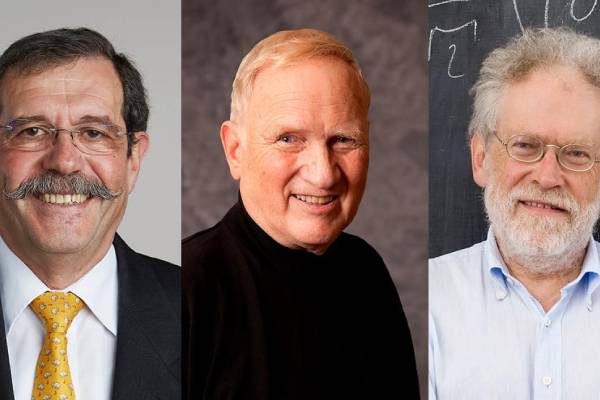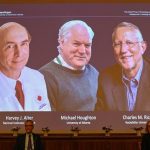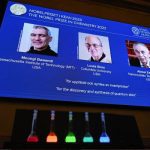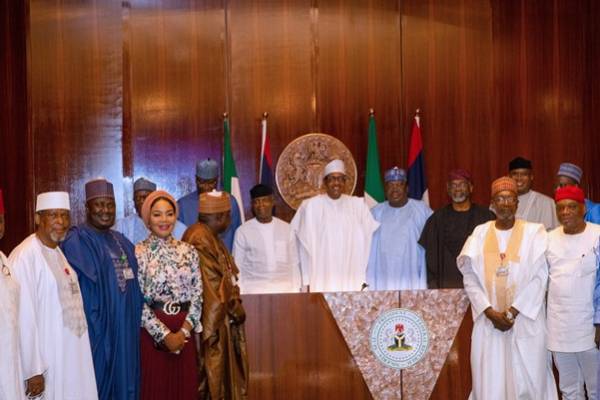Alain Aspect of France, John Clauser of the United States and Austria’s Anton Zeilinger have won the 2022 Nobel Prize in Physics for “experiments with entangled photons, establishing the violation of Bell inequalities and pioneering quantum information science”, the award-giving body said on Tuesday.
Their discoveries have significant applications, for example, in the field of encryption.
“Quantum information science is a vibrant and rapidly developing field,” said Eva Olsson, a member of the Nobel committee. “It has broad and potential implications in areas such as secure information transfer, quantum computing and sensing technology.
“Its origin can be traced to that of quantum mechanics,” she said. “Its predictions have opened doors to another world, and it has also shaken the very foundations of how we interpret measurements.”
While physicists often tackle problems that appear at first glance to be far removed from everyday concerns – tiny particles and the vast mysteries of space and time – their research provides the foundations for many practical applications of science.
Last year, the prize was awarded to three scientists – Syukuro Manabe, Klaus Hasselmann and Giorgio Parisi – whose work has helped to explain and predict complex forces of nature, thereby expanding our understanding of climate change.
A week of Nobel Prize announcements kicked off on Monday with Swedish scientist Svante Paabo receiving the award in medicine on Monday for unlocking secrets of Neanderthal DNA that provided key insights into our immune system.
They continue with chemistry on Wednesday and literature on Thursday. The 2022 Nobel Peace Prize will be announced on Friday and the economics award on October 10.
The prizes carry a cash award of 10 million Swedish kronor (nearly $900,000) and will be handed out on December 10.
The money comes from a bequest left by the prize’s creator, Swedish inventor Alfred Nobel, who died in 1895.














